Fire, flavour and music ignite Cascais’ Chefs on Fire festival
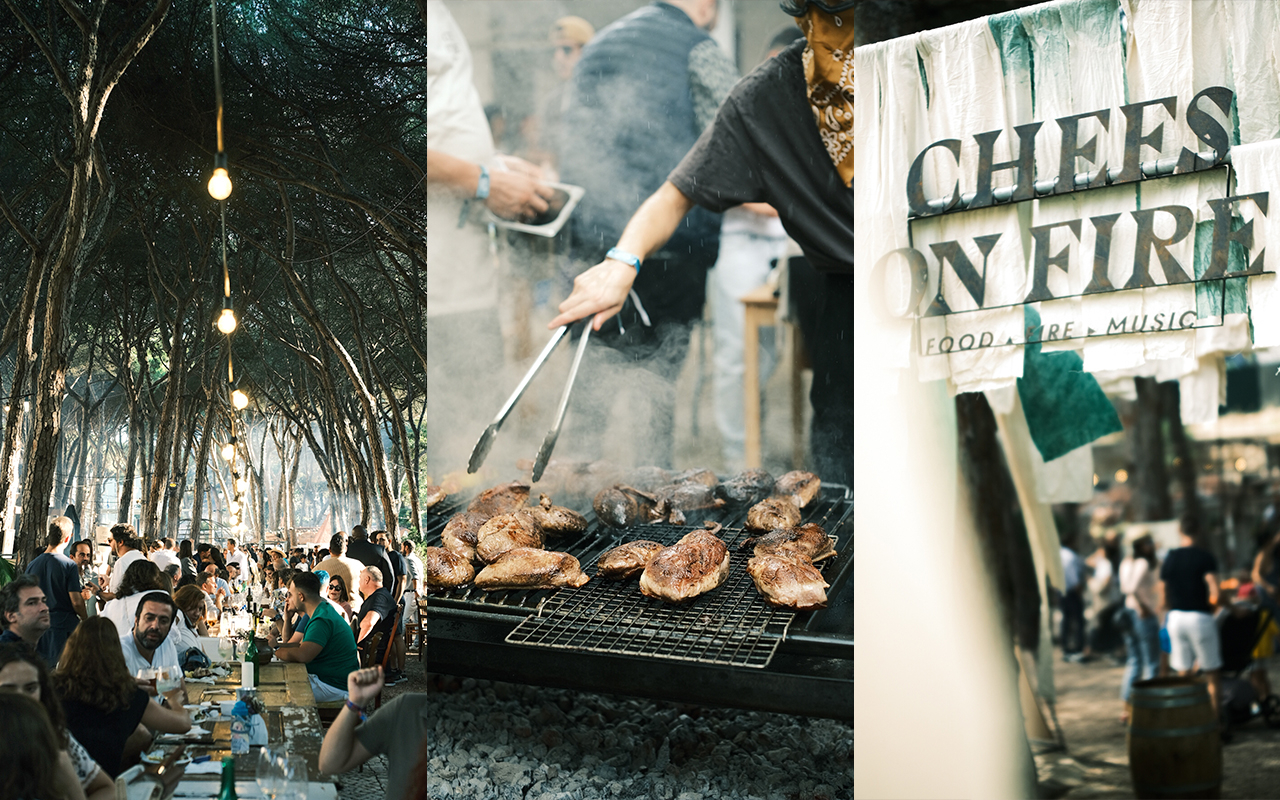
Early September. The hills, still damp from the recent rain, fill the air with an earthy scent. Agatis, hailing from New Guinea, have taken root in the mineral-rich soil of this foreign peninsula. Towering above are ancient trees, their massive trunks resembling cliffs from a Neolithic age. Closer to the ground, the fleshy pointed tentacles of the blue agave shimmer. Cobblestone paths, slippery as fish scales, lead upward. Through the haze of fog on the horizon, one can glimpse the palaces and castles of the Romanticism era. We are in Sintra, a Portuguese Unesco World Heritage site. Lord Byron once declared it “the most beautiful, perhaps, in the world,” and maybe he was right. Take a deep breath: Strelitzia’s honeyed, viscous aroma cuts through the oppressive humidity. You can smell citrus, wet grass and sun-dried wood. It’s a place that ignites an insatiable human desire to collect and blend fragments of art, architecture, and customs. This inevitably awakens curiosity and hunger. From this point on, everything is about food.
Only a half-hour’s drive from Sintra lies the tranquil coastal village of Cascais. Once the favoured residence of royalty and exiled politicians, it is now a place of culinary allure: Chefs on Fire, the country’s largest gastronomic festival, comes to life. The idea came to Gonçalo Castel-Branco as he was roasting meat and vegetables over an open fire, single-handedly preparing dinner for 60 people for his sister’s birthday. If he could do this, he thought, what would real renowned chefs do, and how would they do it?
They do it with passion and style. Dozens of chefs from Portugal and this year’s invited country, Spain, gathered in a spacious park in the heart of the town. Here, surrounded by Mediterranean pines, they cook over a wood fire using local ingredients.
Despite the scale, organisers are focussing on the format of boutique festivals: more sustainable, customer-oriented events without compromising simplicity and quality. It is a family celebration that unites generations, centred around the joy of great food and live music. The atmosphere is not just immersive; it is vibrant, with meticulous attention to the smallest details.
Here, you won’t encounter flashy posters, tedious restroom queues, or artificial grass carpets. This is a plastic-free zone, with vintage chairs and tables, and where your chardonnay is served in a glass. Decorations are crafted from natural materials and old-fashioned items, adding to the festival’s unique charm. But the main spectacle is, of course, the cooking.
It’s a bright, hot, smoky combination of raw and simple ingredients that fit into complex patterns like a puzzle. Cheese melts beneath a dark, brittle crust, while fish and vegetables are smoked, and cuts of various meat hang from the domed cooking frame over the circular open fire, glistening in the warm evening glow.
The grilled scallops with miso and mushrooms by Tiago Penão instantly becoming my first-day favourite of the three-day festival. Tiago, a native of the coastal town and a passionate surfer, combines his love for the ocean with Japanese cooking techniques. And it works great: the scallops covered in a tender veil of foam are entertaining to see prepared and gentle umami taste.
This evening, Pedro Mafama, whose work is steeped in the traditions of Portuguese music, is playing on stage. The view before me is a sea of faces, spanning generations, singing the chorus in unison. Even though I may not comprehend the lyrics, the energy is infectious. I find myself joining in, attempting to harmonize with the tune.
On the second day, as the festival continues under a light drizzle, we are joined by even more guests. It’s hard to decide what’s more impressive: Marta Figueirero’s food or the joy with which her team greets her. Figueirero, whose culinary journey has spanned the globe and led her to swap music for professional cooking, once honed her skills in three-star Michelin kitchens before taking the helm at Estrela da Bica in Lisbon.
Today, she is preparing a smoked croaker with seaweed and bread porridge – tender and rich. We move to the meat section: free-range chicken with sweetcorn by Gil Fernandes is crunchy and smoky, and it looks exactly how it tastes – delicious. Next up is the juicy and fatty Bairrada Pig’s Head with Oranges, prepared by Zé Paulo Rocha, and Shrimps with Hoisin and Raz El Hanout by Ricardo Ferreira. This night on stage is the charismatic A Garota Não, whose 2022 release, 2 De Abril, was named one of the “best national albums of the year”.
The third day brings even more rain but doesn’t dampen the flame. One of Sunday’s highlights is roasted duck with charcuterie rice by Marlene Vieira. The meat is gamey, citrusy and sweet, with light vanilla flavour coming from ripe figs.
António Galapito’s festival dish is marron mushrooms paired with goat buttermilk, leeks and sunflower seeds. The dish has a perfectly balanced acid and earthy taste. António spent a decade honing his craft in London before returning to Lisbon to open The Prado restaurant, emphasizing a “farm to table” concept that champions local seasonal ingredients.
One of the music stars of the last festival day is Nena. Her soft yet powerful voice and warm energy are loved by the crowd.
Then the rain stops, and the sun emerges. If, as Castel-Branco puts it, Chefs on Fire perfectly represents what is happening gastronomically on the peninsula, Portugal is undeniably doing an exceptional job of celebrating not only quality food, but also family values, and a profound respect for the environment.
Elizaveta Kolesova
Photos: Kien Lam
For further information about Chef’s on Fire and future events visit the website here.

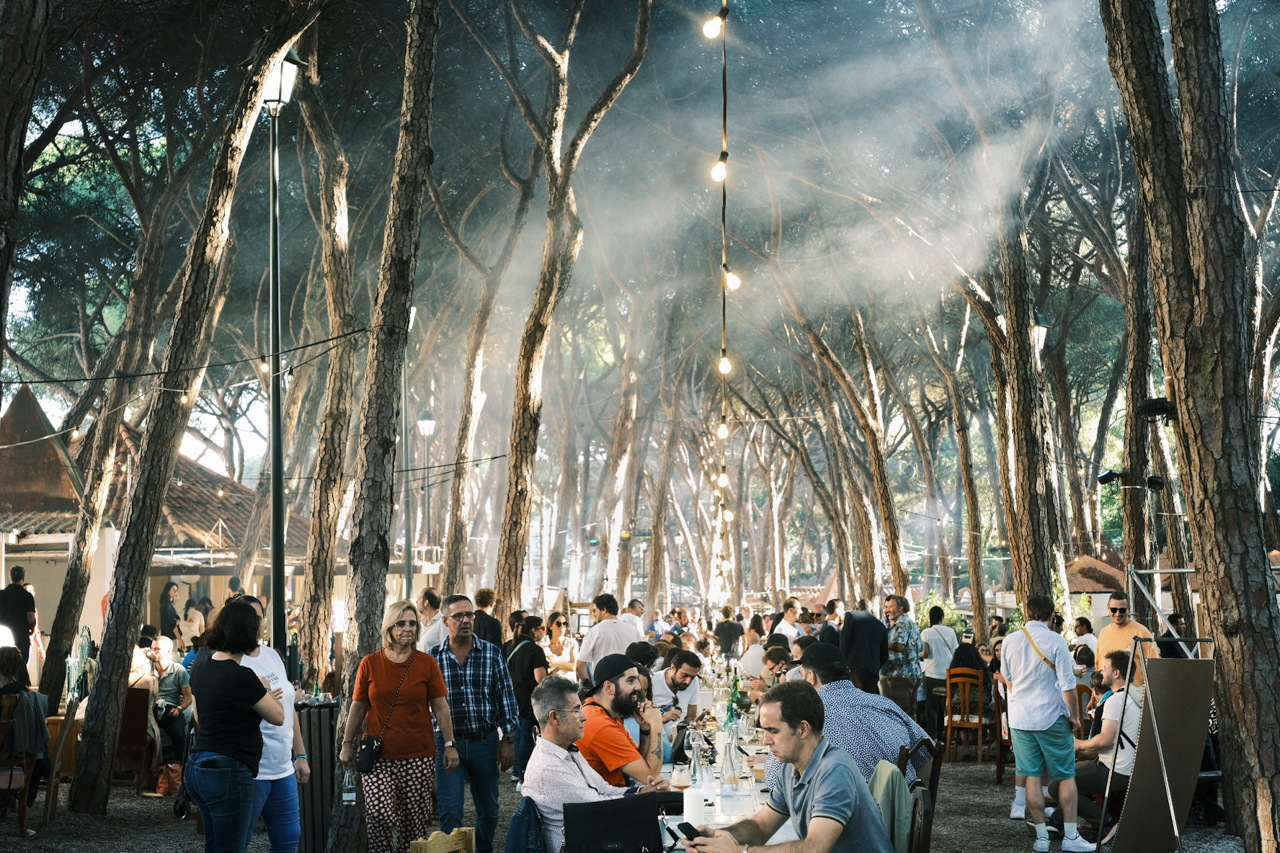
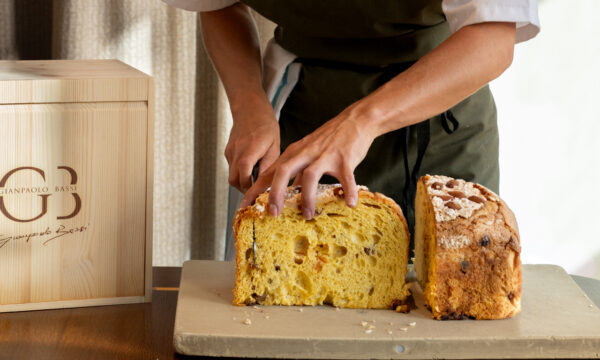
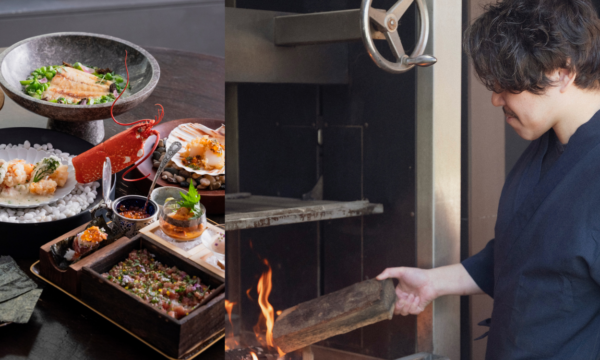
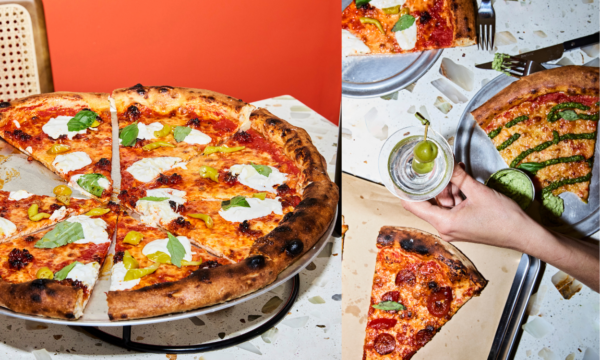
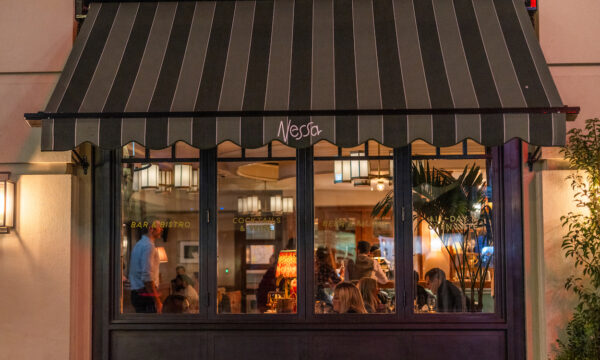
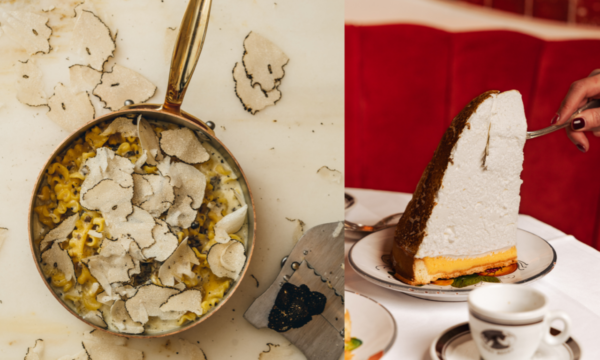
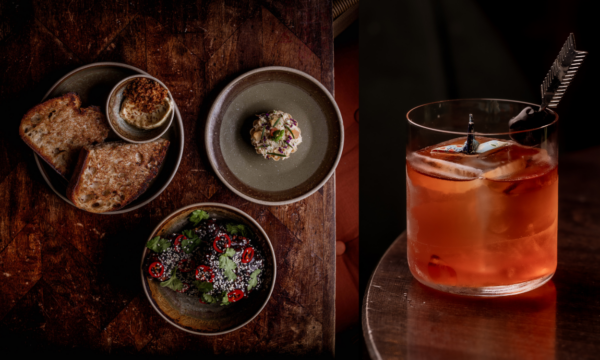
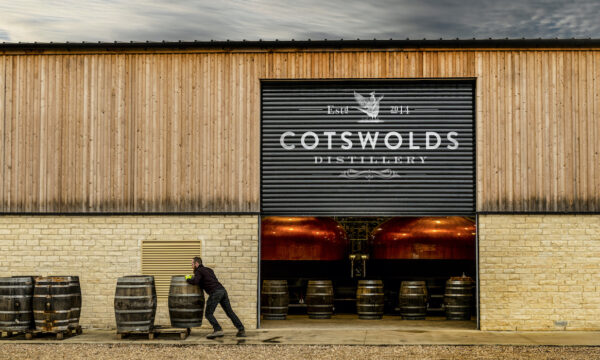
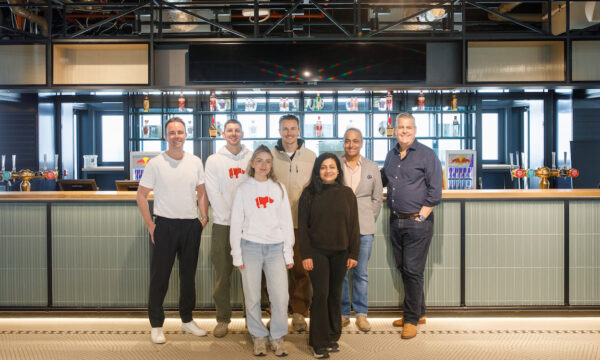
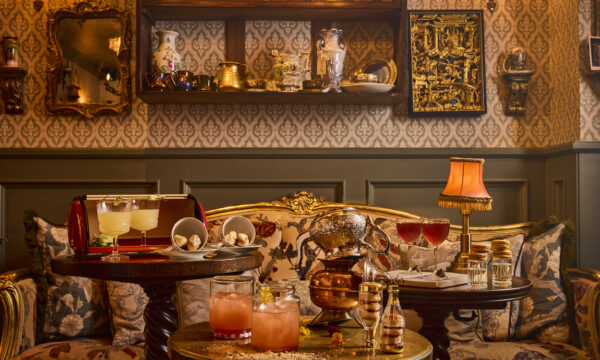














Facebook
Twitter
Instagram
YouTube
RSS